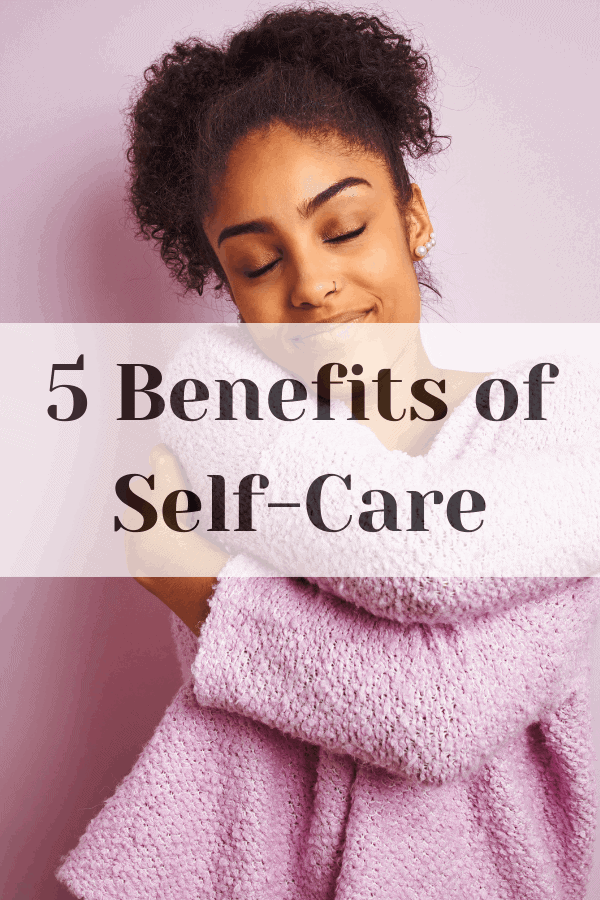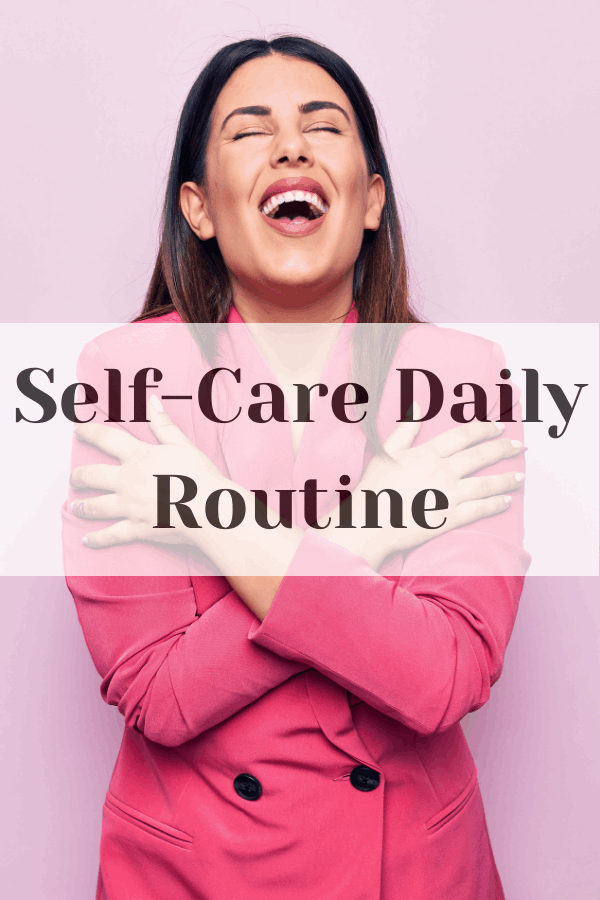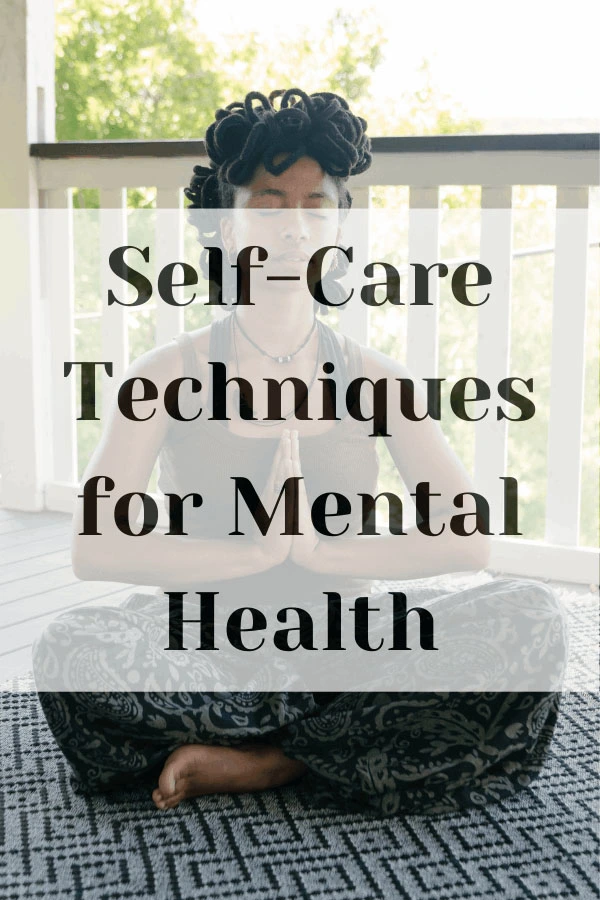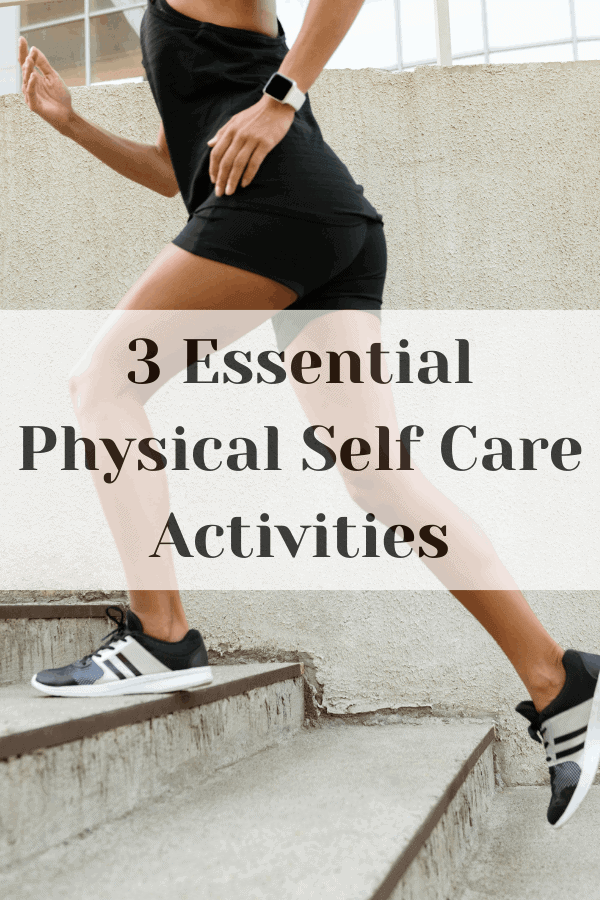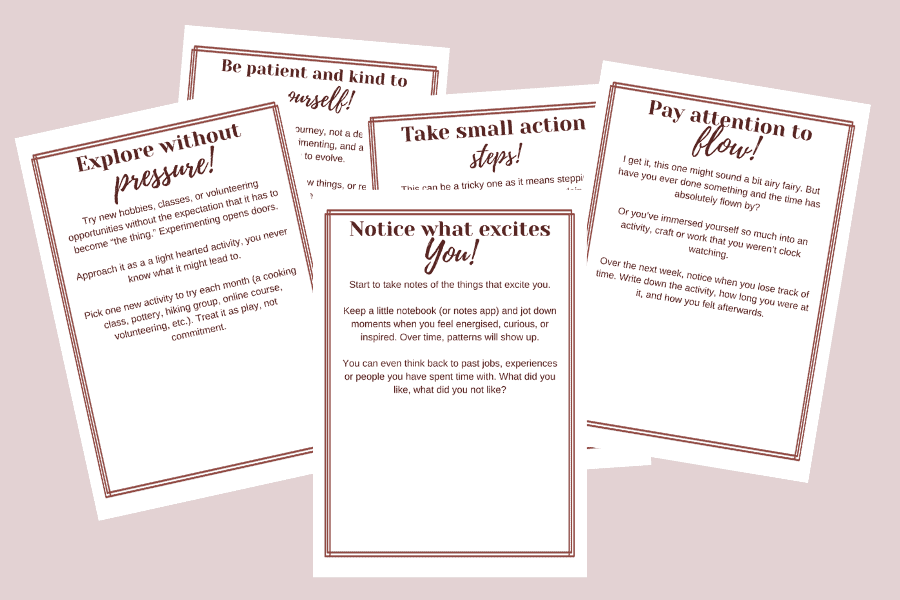Balancing Connections: Social Self-Care
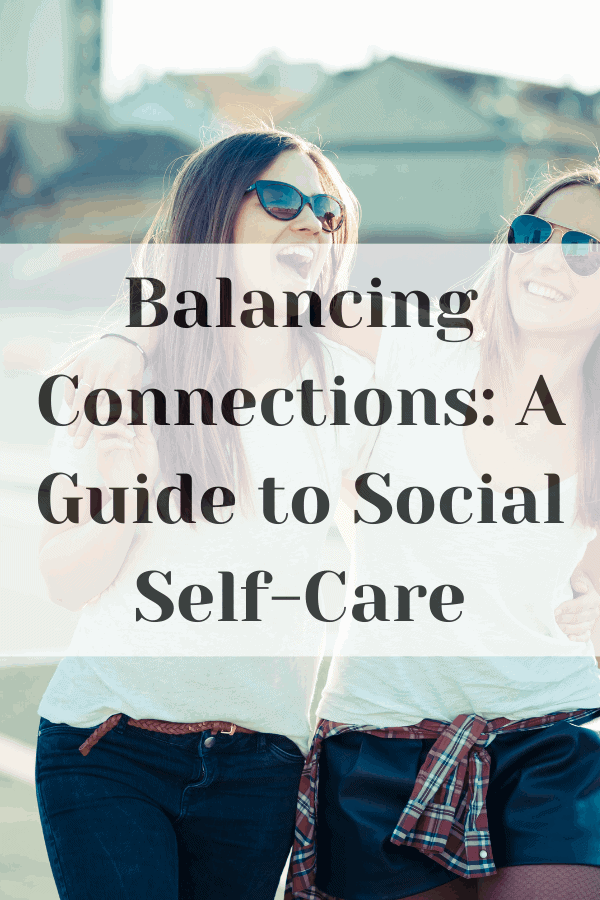
In the hustle and bustle of our daily lives, we often find ourselves juggling various responsibilities and commitments, leaving little room for personal well-being. This is where the concept of social self-care comes into play – a vital aspect of nurturing ourselves amidst the chaos. Social self-care revolves around tending to our social and emotional needs, ensuring that we maintain a healthy and fulfilling connection not only with others but also with ourselves.
So let’s dive in on how we can nurture and improve our social self-care!
This blog is about social self-care
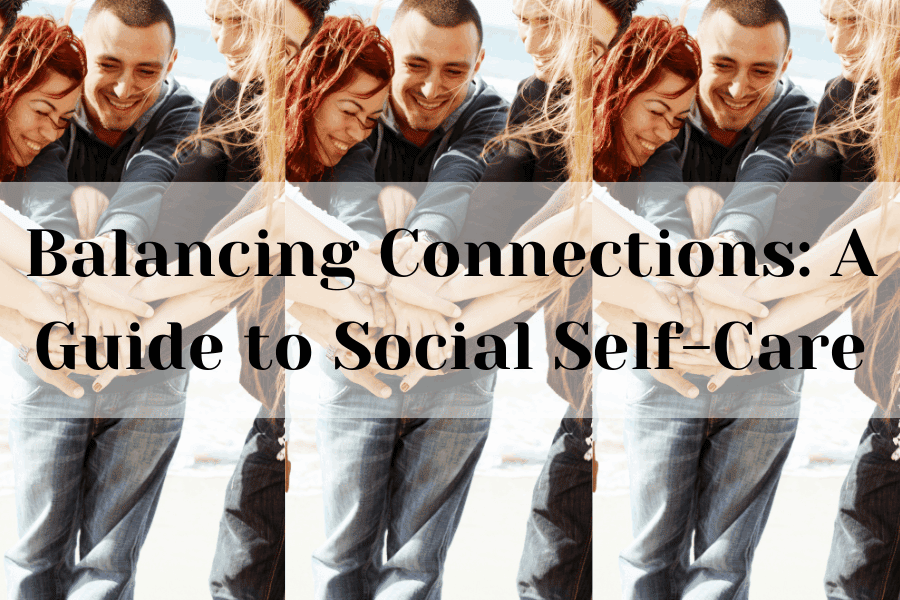
Defining Social Self-Care
At its core, social self-care refers to the intentional practice of nurturing our relationships, engaging in meaningful interactions, and fostering connections that uplift our spirits. It’s about striking a balance between time spent with others and time spent in solitude, all while being attuned to our emotional needs.
The importance of social self-care
Maintaining our social well-being is crucial for overall wellness. Human beings are inherently social creatures, wired to thrive through connection and companionship. Engaging in healthy social interactions has a profound impact on our mental, emotional, and even physical health.
Imagine a life devoid of enriching conversations, shared laughter, and heartfelt support. It’s these interactions that fuel our sense of belonging and purpose, helping to alleviate feelings of loneliness and isolation. When we invest in our social self-care, we create a safety net of relationships that catch us when we fall and celebrate with us when we succeed.
The significance of social self-care extends beyond surface-level interactions. It involves cultivating relationships that empower us, challenge us to grow, and provide a space for vulnerability without judgment. Such connections act as a cushion against the stresses of life, contributing to reduced anxiety, improved mood, and enhanced resilience.
As we navigate the complexities of modern existence, dedicating time and effort to our social well-being becomes non-negotiable. By engaging in meaningful conversations, nurturing friendships, and practising active listening, we actively contribute to our mental and emotional wealth.
In the subsequent sections of this blog post, we’ll delve deeper into practical ways to incorporate social self-care into your routine. From fostering healthy connections to managing social media, we’ll provide insights that empower you to strike that delicate balance between giving to others and giving to yourself.
Remember, the journey towards optimal well-being begins with acknowledging the importance of social self-care. So, let’s embark on this path together, exploring the various avenues that lead to a more fulfilling and interconnected life.
Building Healthy Connections
In a world where screens dominate our interactions, the value of genuine human connections cannot be overstated. Positive relationships are the threads that weave the fabric of our lives, adding vibrancy, warmth, and depth to our daily experiences.
The role of positive relationships
A moment shared with a friend that leaves you smiling long after the encounter or a heartfelt conversation with a loved one that fills your heart with warmth. These moments are the building blocks of positive relationships. They go beyond superficial chit-chat, encompassing trust, empathy, and a sense of belonging.
When we nurture these connections, we create a support system that bolsters us during both the joyful and challenging times. Positive relationships offer a space for us to be authentic, where our thoughts and feelings are acknowledged and accepted. Such interactions have the power to alleviate stress, reduce feelings of loneliness, and enhance our overall well-being.
Nurturing connections for mental and emotional health
Have you ever noticed how spending time with loved ones often leaves you feeling rejuvenated? That’s the magic of nurturing connections. Engaging in meaningful conversations and shared experiences triggers the release of neurotransmitters like oxytocin, often referred to as the “love hormone.” This hormone fosters feelings of trust and emotional bonding, enhancing our mood and reducing stress levels.
Whether it’s a heart-to-heart chat with a close friend, a family gathering, or a simple call to check in on someone, these actions contribute to emotional support. Just as we need food to fuel our bodies, these connections fuel our hearts and minds, reinforcing our resilience against life’s challenges.
Setting healthy boundaries to prevent burnout
While connections are vital, it’s equally important to strike a balance. In our eagerness to nurture relationships, we might neglect our own well-being and fall into the trap of burnout. Setting healthy boundaries is a form of self-respect that ensures we can give to others without depleting ourselves.
Boundaries empower us to say “yes” when we genuinely mean it and “no” without guilt when we need to recharge. They enable us to preserve our energy and mental clarity. By communicating our limits in a kind and assertive manner, we pave the way for sustainable connections that respect both parties’ needs.
Incorporating social self-care means being attuned to our emotional barometer. It’s about fostering connections that uplift us while recognising when we need to step back for self-preservation. Through this delicate dance of building, nurturing, and setting boundaries, we create a harmonious symphony of connections that contribute to our holistic well-being.
As we journey through the landscape of social self-care, remember that each interaction you cultivate is a brushstroke on the canvas of your life. These connections paint a picture of resilience, joy, and emotional fulfilment.
Quality Time for Yourself
In the hustle and bustle of modern life, it’s easy to get caught up in the whirlwind of responsibilities and obligations. Amidst the chaos, however, lies an essential aspect of self-care: spending quality time with yourself. This solitude isn’t about isolation; it’s about nurturing your relationship with the most important person in your life – you.
Recharge and rejuvenate
Imagine a quiet evening spent curled up with a book, a leisurely stroll in the park, or even a moment of meditation. These moments of solitude are like a reset button for your mind and spirit. Just as a phone needs to be charged to function optimally, your soul benefits from moments of stillness.
When you intentionally carve out time for yourself, you gift your mind the space it needs to unwind. It’s in these pockets of tranquillity that you can process your thoughts, reflect on your emotions, and simply be present with yourself. This, in turn, leads to reduced stress levels, improved focus, and a heightened sense of self-awareness.
Engaging in activities you enjoy
Remember those hobbies you used to lose yourself in? Or the activities that make your heart sing with joy? Engaging in such pursuits isn’t a luxury; it’s a form of self-nourishment. Whether it’s painting, gardening, playing a musical instrument, or simply taking solitary walks, these activities provide a channel for self-expression and rejuvenation.
When you immerse yourself in activities you’re passionate about, you enter a state of “flow.” Time seems to slip away, and you’re fully absorbed in the present moment. This experience is akin to a mental spa day – a moment to disconnect from the demands of the world and connect with your own passions.
Quality time for yourself is an investment in your mental, emotional, and even physical well-being. It’s a way to refuel your internal reservoir of energy, ensuring you have more to give to others and to life itself. It’s not about selfishness; it’s about recognising that by taking care of yourself, you become better equipped to navigate the world around you.
As you embrace the practice of spending time with yourself, you’ll likely discover a newfound sense of clarity and self-compassion. So, in the midst of your busy schedule, remember to pencil in moments for solitary indulgence – moments that celebrate your uniqueness, your dreams, and your innate need for self-care.
Effective Communication
In a world where words flow like rivers, communication is often taken for granted. Yet, the true art of communication lies not just in the act of speaking, but in the profound connection it nurtures. When we master the art of effective communication, we unlock a gateway to richer relationships and deeper understanding.
Impact of open and honest communication
Imagine two friends engaged in an open, heart-to-heart conversation. They share their thoughts, vulnerabilities, and aspirations without fear of judgment. This exchange isn’t just talk; it’s a bonding ritual that fortifies their connection. Open and honest communication creates a space where authenticity flourishes, fostering trust and intimacy.
In relationships of any kind – be it with family, friends, or partners – transparency acts as a bridge that allows us to cross into each other’s emotional landscapes. We encourage others to share their inner worlds, thereby strengthening the ties that bind us.
The benefits of expressing thoughts and feelings clearly
Clear communication isn’t just about conveying information; it’s about creating a clear window into our thoughts and emotions. When we express ourselves with clarity, we minimise misunderstandings and misinterpretations. This paves the way for smoother interactions and deeper connections.
Moreover, expressing your thoughts and feelings benefits your own mental and emotional well-being. Bottling up your thoughts can lead to stress and emotional tension. By articulating what’s on your mind, you lighten the load you carry within and often find relief in the act of sharing.
The art of active listening
Communication is a two-way street, and listening is the often-overlooked counterpart to speaking. Active listening involves giving your full attention to the speaker, without judgment or interruption. It’s about creating a safe space for someone to be heard, understood, and valued.
When you practice active listening, you show that you care about the other person’s perspective. This fosters a sense of respect and empathy in your interactions. It also encourages open dialogue, where both parties feel valued and acknowledged.
In essence, effective communication is a dance of vulnerability, understanding, and mutual respect. It’s a bridge that connects individuals on a deeper level, fostering emotional intimacy and a stronger sense of community. As we move forward in this journey of social self-care, keep in mind that the way you communicate shapes the quality of your relationships. The words you choose, the attentiveness you display, and the empathy you offer all contribute to a tapestry of connections that enrich your life and the lives of those around you.
Managing Social Media and Technology
While technology has undoubtedly enriched our lives, it’s essential to navigate its landscape mindfully to prevent its potential negative impacts from overshadowing its benefits.
Impact of excessive social media use on mental health
Picture scrolling through your social media feed for hours on end. While it may seem harmless, excessive social media use can have a profound impact on your mental health. Constant comparison, fear of missing out (FOMO), and the curated nature of online personas can contribute to feelings of inadequacy, anxiety, and even depression.
Moreover, the dopamine-driven loop of likes, shares, and comments can create an addictive cycle, leading to decreased attention spans and decreased satisfaction with offline experiences. Thus, while the digital realm offers connection, it’s essential to strike a balance that prioritises your well-being.
Setting limits for a balanced digital life
One of the first steps in managing technology is setting boundaries. Decide on designated periods for checking social media and stick to them. Consider allocating specific times in the day for online interactions and creating “no-tech” zones during meals or before bedtime.
Curating a positive online environment
The content you consume online can significantly impact your mental state. Actively curate your digital space by following accounts that inspire, educate, and uplift you. Unfollow or mute accounts that trigger negative emotions or contribute to information overload. Remember, you have control over the energy you invite into your digital world.
Balancing virtual and real-life interactions
While virtual connections offer convenience, they shouldn’t replace the depth of face-to-face interactions. Nurture your in-person relationships and allocate time for meaningful conversations that transcend emojis and abbreviations. Balance your digital interactions with moments of genuine connection that allow for emotional depth and authenticity.
Furthermore, use technology to facilitate meaningful interactions rather than replace them. Video calls can bridge geographical gaps, allowing you to see loved ones’ expressions and connect on a more personal level.
Remember that managing technology isn’t about complete avoidance; it’s about cultivating a healthy relationship with the digital world. By setting boundaries, curating a positive online space, and finding a balance between virtual and real-life interactions, you can harness the benefits of technology while safeguarding your mental and emotional well-being.
Support Networks
Life’s journey is marked by both sunny days and stormy nights. During the challenges and uncertainties that come our way, having a support network can be a lifeline that offers comfort, guidance, and the assurance that you’re not alone in navigating the rough waters.
The value of a support system
Imagine facing a difficult decision, a personal crisis, or simply a day when everything seems to be falling apart. Now, picture having a circle of friends, family, or mentors who stand by your side, offering empathy, wisdom, and a listening ear. This network acts as a buffer against the storms of life, reminding you that you’re cherished and cared for.
A support system not only offers emotional solace but also serves as a sounding board for your thoughts and concerns. Their varied perspectives can illuminate paths you might not have considered on your own. Additionally, the simple act of verbalising your feelings and experiences to a receptive audience can bring relief and validation.
Seeking help when needed
Here’s a truth often overlooked: seeking help is a sign of strength, not weakness. Just as you’d consult a mechanic for your car or a doctor for your health, sometimes life’s challenges require the expertise of professionals. Whether it’s therapy, counselling, or consulting a mentor, these individuals are equipped to provide guidance and strategies for navigating your way through difficulties.
Support groups, whether in-person or online, also offer a unique space for sharing experiences with those who’ve walked similar paths. These groups foster a sense of belonging, as you connect with individuals who truly understand what you’re going through.
Remember, reaching out for help isn’t a reflection of your inability to handle life’s challenges; it’s a reflection of your commitment to your own well-being. By tapping into your support network and seeking professional assistance when necessary, you take proactive steps towards preserving your mental and emotional health.
Saying No Without Guilt
In a world brimming with opportunities and obligations, the ability to say no is a valuable skill that champions your well-being. Far from being selfish, saying no when you’re overwhelmed is an act of self-care that safeguards your mental and emotional health.
Importance of saying no to social commitments
Imagine your schedule piling up with commitments, leaving you little time for self-care or meaningful connections. Overextending yourself can lead to burnout, stress, and a diluted sense of presence in your interactions. This is where the power of saying no comes into play.
By setting boundaries and politely declining commitments when your plate is full, you’re protecting your time and honouring your own limits. Just as a phone’s battery drains with excessive use, your energy can deplete when you stretch yourself thin. Saying no allows you to preserve your vitality, enabling you to engage more fully in the commitments you do choose to undertake.
Declining invitations gracefully
Declining invitations doesn’t need to be accompanied by guilt or elaborate excuses. Instead, opt for honesty and simplicity. If you’re unable to attend an event, express your appreciation for the invitation and your current circumstances.
Remember, you’re not obligated to provide detailed reasons for your decision. While it’s important to be gracious, it’s equally important to respect your boundaries. A gracious decline communicates that you value the relationship while also prioritising your well-being.
Guilt-free boundaries
Guilt often accompanies saying no, especially when we’re accustomed to being accommodating. However, it’s essential to recognise that setting boundaries isn’t a rejection of others; it’s an affirmation of your self-care. It’s a recognition that your time and energy are finite resources deserving of protection.
You’re modelling healthy behaviour for others when you say no without guilt. You’re showing that it’s okay to prioritise self-care and make choices that align with your well-being. Over time, you’ll find that saying no becomes empowering rather than anxiety-inducing.
Cultivating Empathy and Kindness
In a world that often moves at a fast pace, the acts of empathy and kindness stand as beacons of light, illuminating our path through daily interactions. Not only do these acts have a transformative impact on others, but they also weave a tapestry of well-being that enriches our own lives.
Empathy and its benefits
Imagine a time when someone truly understood what you were feeling, when you felt seen and heard without judgment. This experience of empathy, of stepping into another’s shoes and feeling their emotions, is a powerful connector of hearts. Practicing empathy towards others not only fosters deeper connections but also benefits our well-being.
When we empathise with others, we reinforce our emotional intelligence. We become attuned to the subtleties of human emotions, allowing us to navigate social interactions with grace and understanding. Empathy also triggers the release of oxytocin, often referred to as the “bonding hormone,” which promotes feelings of trust, connection, and overall well-being.
Kindness and its ripple effect
Kindness isn’t just a gesture; it’s a force that has the power to ripple out and touch lives beyond our immediate reach. When you extend kindness to another person, you create a positive cycle that has a lasting impact. The recipient of your kindness is likely to pay it forward, creating a chain reaction of goodwill.
Moreover, practising kindness releases endorphins, which are the body’s natural feel-good chemicals. These endorphins not only boost your mood but also contribute to reduced stress levels. Kindness, therefore, becomes a dual gift – to both the recipient and yourself.
Cultivating compassion in social interactions
Cultivating empathy and kindness begins with an active presence. When engaged in conversation, be fully attentive to the person speaking. Put away distractions and give them your undivided attention. This simple act communicates respect and genuine interest, laying the foundation for a deeper connection.
Practice reflective listening by paraphrasing what the other person has said. This not only shows that you’re actively engaged but also allows for any misunderstandings to be clarified. Additionally, practice asking open-ended questions that encourage the other person to share more about their thoughts and feelings.
When differences arise, approach them with curiosity rather than judgment. Seek to understand the other person’s perspective and acknowledge their feelings, even if you don’t agree. This validates their experience and fosters empathy.
Recognising Toxic Relationships
In the intricate web of human connections, not all relationships are nourishing. Some, unfortunately, can be toxic – draining your energy, diminishing your self-worth, and hindering your growth. Recognising and addressing these toxic relationships is a powerful act of self-care that paves the way for emotional well-being.
Significance of identifying toxic relationships
Imagine being in a relationship that consistently leaves you feeling drained, belittled, or emotionally exhausted. Toxic relationships, characterised by manipulation, disrespect, or an imbalanced power dynamic, can take a toll on your mental health and overall well-being.
Identifying toxic relationships is vital because they can erode your self-esteem, induce anxiety and depression, and contribute to feelings of isolation. Such relationships are like heavy chains that keep you from flourishing. By recognising them, you empower yourself to make informed decisions about your interactions and well-being.
Guidance on distancing yourself
The process of distancing yourself from toxic relationships requires courage and clarity. Start by evaluating the relationship honestly. Reflect on how it makes you feel and whether it aligns with your values and well-being. If you find that the relationship consistently brings you down, it may be time to consider a change.
Establishing boundaries is a crucial step. Communicate your needs and expectations assertively and calmly. Be clear about what behaviour is unacceptable and express your willingness to continue the relationship only if healthy boundaries are respected.
If the toxic behaviour persists and the relationship is detrimental to your well-being, consider creating distance. This may involve reducing the frequency of interactions or, in extreme cases, severing ties altogether. Remember that prioritising your mental health is a valid choice, and distancing yourself from negativity is an act of self-respect.
Balancing Social Life With Other Prioritses
Life is a delicate balancing act. Amidst work, family, personal goals, and self-care, finding a balance between social interactions and other commitments becomes essential.
Finding balance amidst responsibilities
Imagine a scenario where your social calendar overflows while your work deadlines pile up. Conversely, focusing entirely on your responsibilities can leave you feeling isolated and disconnected. The key lies in finding harmony between the two realms – recognising that a fulfilling social life and the pursuit of your goals are both vital ingredients in your life’s recipe.
Strategies for effective time management
Effective time management is the cornerstone of balance. Start by setting clear goals and priorities. Identify what matters most to you – whether it’s advancing in your career, nurturing relationships, or personal growth – and allocate time accordingly.
Use tools like to-do lists, calendars, and time-blocking to structure your days. Allocate specific time slots for work, social interactions, self-care, and leisure. Avoid multitasking, as it can fragment your attention and hinder productivity.
Setting boundaries and saying yes with intention
It’s important to set boundaries to prevent overextending yourself. Learn to say yes with intention, considering how commitments align with your goals and well-being. If your plate is full, gracefully decline or reschedule social engagements without guilt.
At the same time, avoid the trap of isolation by scheduling regular social interactions. Whether it’s a weekly catch-up with friends, family dinners, or attending social events, these moments contribute to your emotional well-being and keep you connected.
Embracing flexibility and self-care
Remember that balance isn’t static; it’s a fluid concept that adapts to different life seasons. Be kind to yourself on days when balance feels elusive. Embrace the ebb and flow, adjusting your priorities as needed.
Additionally, incorporate self-care into your routine. Moments of solitude and self-nourishment recharge you, allowing you to approach your commitments with a renewed sense of energy and focus.
Recap!
As we’ve journeyed through the importance of social self-care, we’ve explored various facets that contribute to our holistic well-being.
We started by defining social self-care – the intentional practice of nurturing our relationships and tending to our emotional needs. From building healthy connections to engaging in meaningful interactions, we learned that these interactions contribute not only to our mental and emotional health but also to our sense of belonging and purpose.
The power of effective communication emerged as a cornerstone of social self-care, emphasising the impact of open dialogue, active listening, and empathy. We delved into the world of technology, understanding the need to manage our digital interactions mindfully, set boundaries, and balance online connections with real-life relationships.
Support networks came into focus as we explored the significance of having a circle of friends, family, and professionals who uplift and guide us. We discussed how saying no gracefully and recognising toxic relationships are acts of self-care that protect our well-being.
Cultivating empathy and kindness emerged as transformative practices that benefit not only those around us but also enhance our own emotional landscape. Finally, we acknowledged the importance of balancing our social interactions with other responsibilities, offering strategies to manage time effectively and set priorities.
The importance of social self-care
In the hustle and bustle of life, it’s easy to overlook the significance of social self-care. However, the connections we nurture, the boundaries we set, and the compassion we practice are not mere extras; they are essential ingredients that contribute to our overall health and fulfilment.
By dedicating time to our relationships, managing our digital interactions, nurturing support networks, and fostering empathy, we embark on a journey that enriches our lives in immeasurable ways. Social self-care is not an indulgence; it’s a necessity that equips us to navigate life’s challenges with resilience and joy.
As you move forward, remember that social self-care is an ongoing practice. It’s about carving out moments for meaningful connections, setting boundaries that honour your well-being, and embracing the balance that aligns with your values. Each step you take towards enhancing your social well-being ripples out, creating a positive impact not only in your own life but in the lives of those around you.
So, here’s to a life lived with intention, connection, and compassion – a life where social self-care illuminates your path to a healthier, more fulfilling existence.
This blog post was about social self-care
Share this post: on Twitter on Facebook
